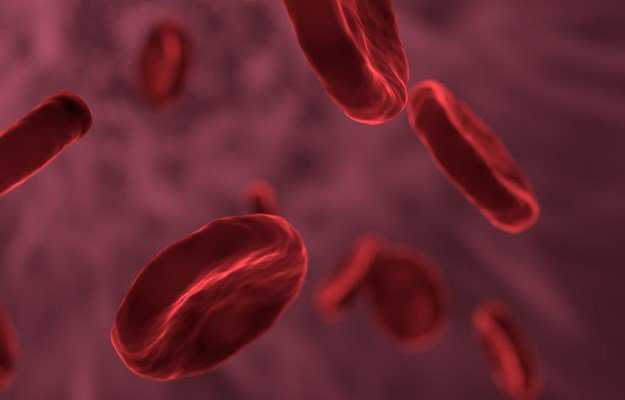What is chronic lymphocytic leukaemia?
Chronic lymphocytic leukaemia (CLL) is a type of cancer that affects lymphocytes, a type of white blood cells (WBCs) while they are still forming inside the bone marrow. It is the most frequent form of leukaemia observed in adults. There are two types of CLL:
- One which takes more time to appear, as it grows slowly.
- The other type, which is a more serious form, grows faster.
It is uncommon in India (1.7%-8.8%) as compared to the West (25%-30%).
The incidence of CLL is as uncommon as 4.7 per 100,000 males and females per year.
What are its main signs and symptoms?
In most cases, CLL does not show any symptoms for years. Symptoms appear much later as the cancer spreads, mainly affecting the lymph nodes, liver and spleen. Symptoms include:
- Painless swelling of the lymph nodes in the neck, underarm, stomach or groin
- Tiredness
- Pain below the ribs
- Fever
- Night Sweats
- Frequent infections
- Unexplained weight loss
Are you also troubled by obesity and are not able to lose weight even after a lot of efforts, then start using myUpchar Ayurveda Medarodh Weight Control Tablet today and control your weight.
What are its main causes?
Although the exact cause of CLL is not known, it is thought to arise due to a change (mutation) in the genes that control the growth and development of blood cells. This change causes the cells to produce abnormal, ineffective lymphocytes that multiply and accumulate in the blood and certain other organs. These cells also affect blood cell production.
Risk factors include:
- Middle-aged or older men
- Family history of CLL or cancer of the lymph nodes
- Whites, Russian and Eastern European people of Jewish descent
- Exposure to certain chemicals like herbicides and insecticides
How is it diagnosed and treated?
CLL can be diagnosed by the following methods:
- Physical examination and history: To check overall health.
- Complete blood count (CBC): To check the size and number of all blood cells.
- Immunophenotyping or flow cytometry: To look for WBC antigens.
- Fluorescence in situ hybridisation (FISH): To assess genetic information.
Five standard therapies for patients with CLL are:
- Close monitoring of the patient’s condition in the early stages
- Radiation therapy
- Chemotherapy
- Surgery to remove spleen
- Targeted therapy with monoclonal antibodies
- Bone marrow transplant
Follow-up:
- After detection, tests may be needed to monitor the progression of the disease.
- Treatment may not completely cure the disease, and symptoms may develop after a period of remission.
- Treatments may last for a few weeks or months, or for years in some.
- Further management will depend on the effectiveness of the previous treatment.
Lifestyle modifications:
- Quit smoking.
- Reduce the risk of infection by maintaining good hygiene.
- Dietary changes. Devise a meal plan with the help of a dietician.
- Exercise regularly.
- Manage stress and fatigue. Prioritise tasks and allow others to help with daily chores.
- Seek the support of family, friends as well as support groups.
- Go for counselling sessions.

 Doctors for Chronic Lymphocytic Leukemia
Doctors for Chronic Lymphocytic Leukemia  OTC Medicines for Chronic Lymphocytic Leukemia
OTC Medicines for Chronic Lymphocytic Leukemia



















